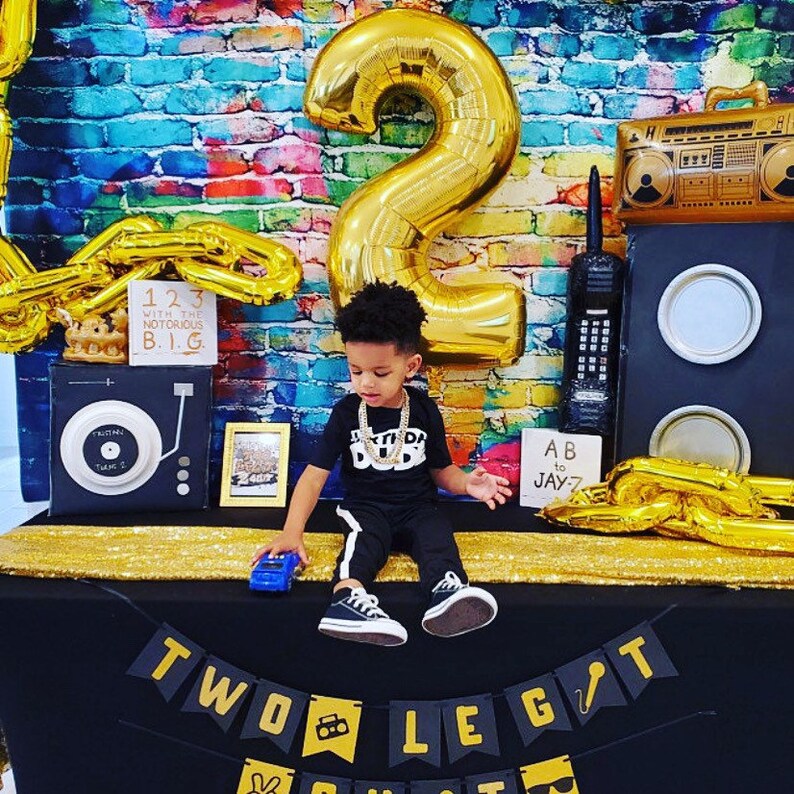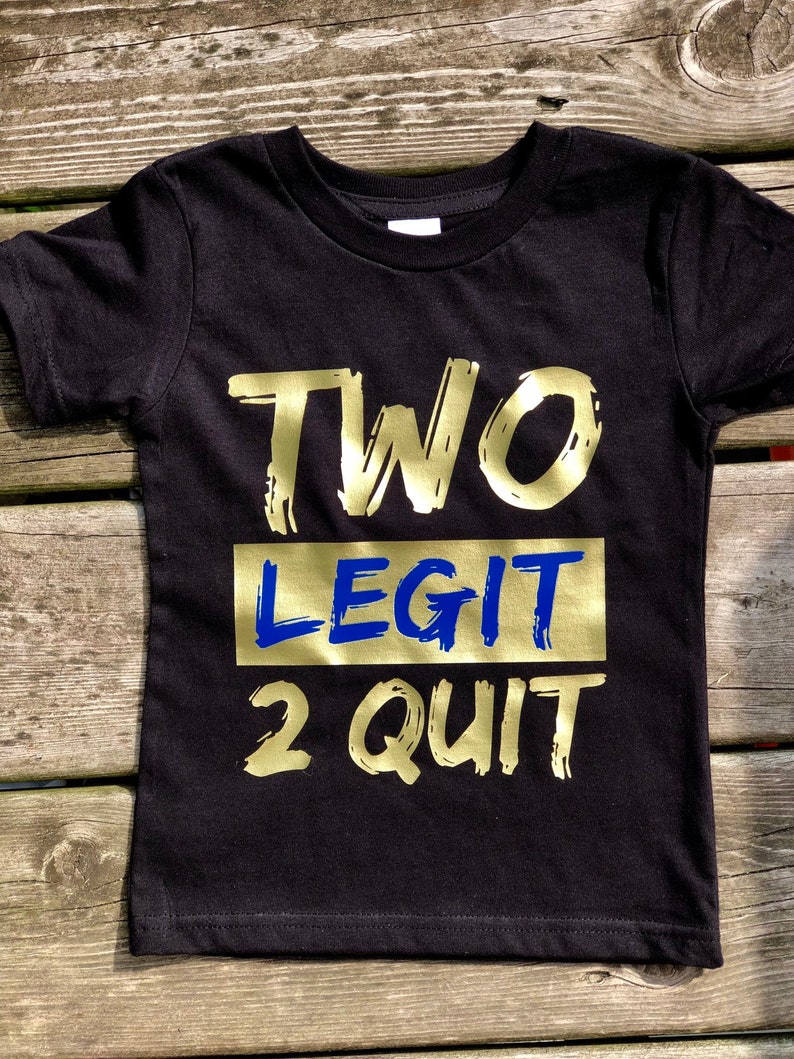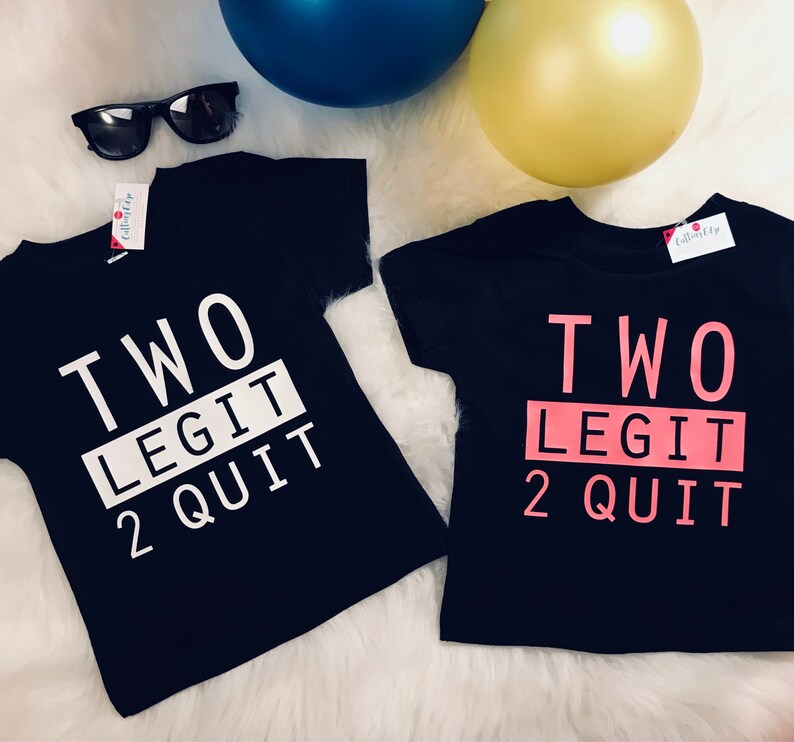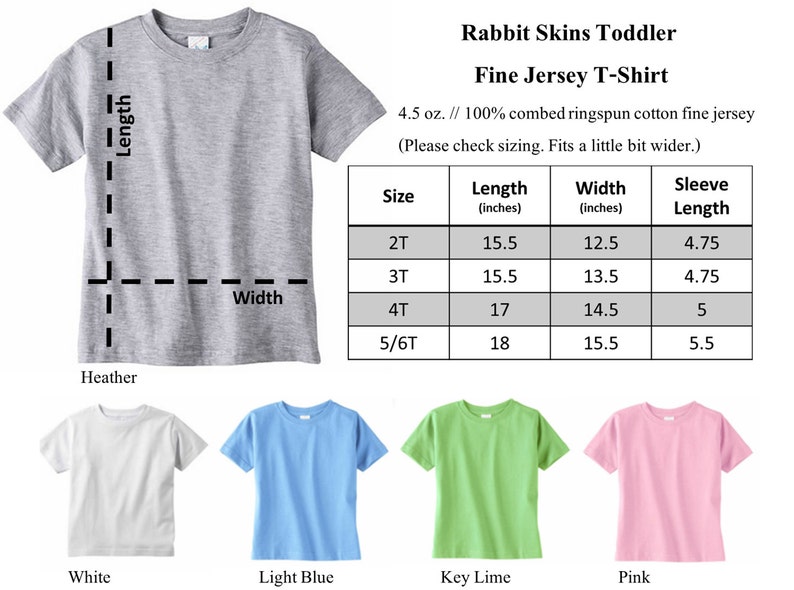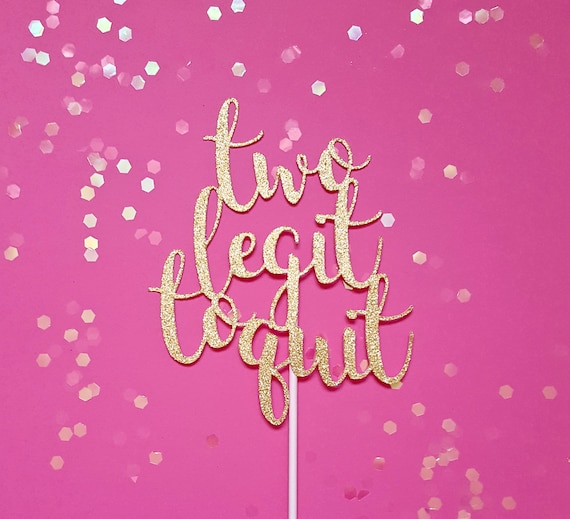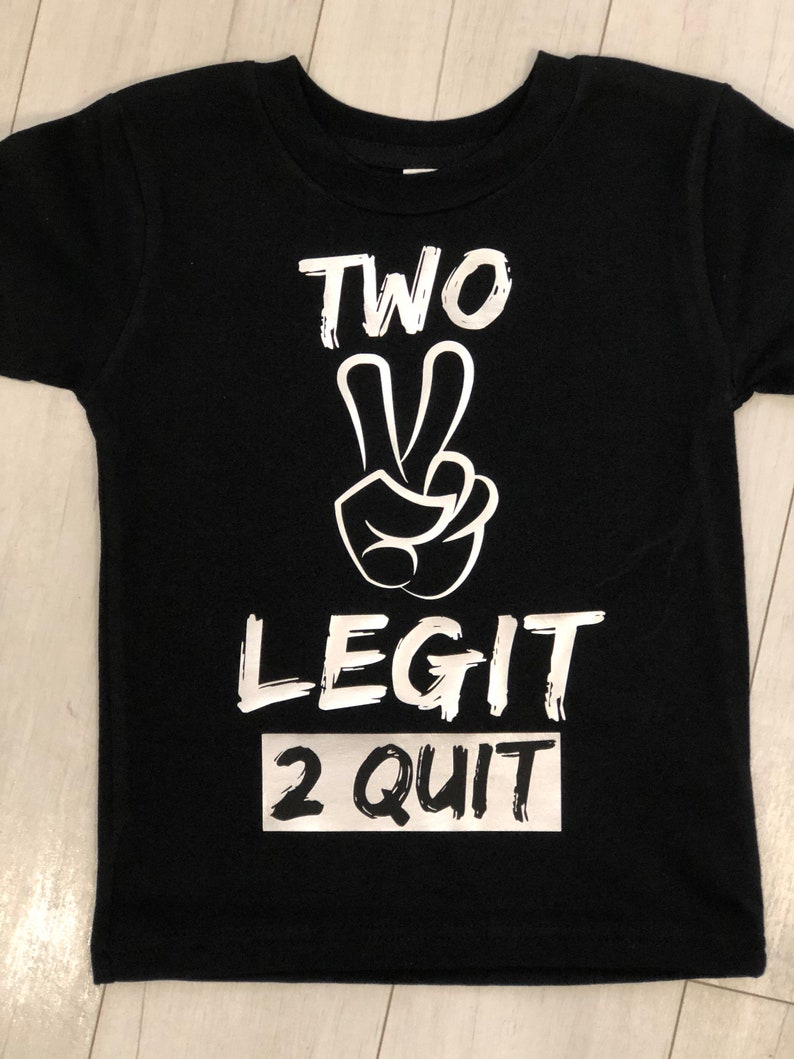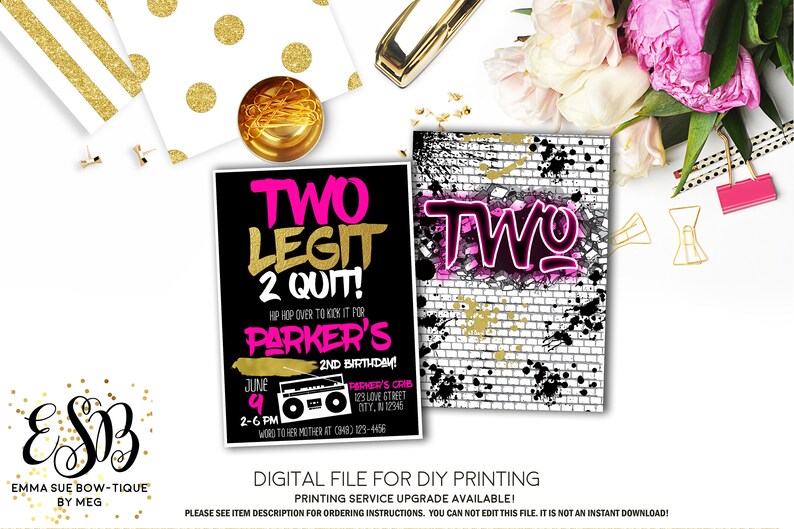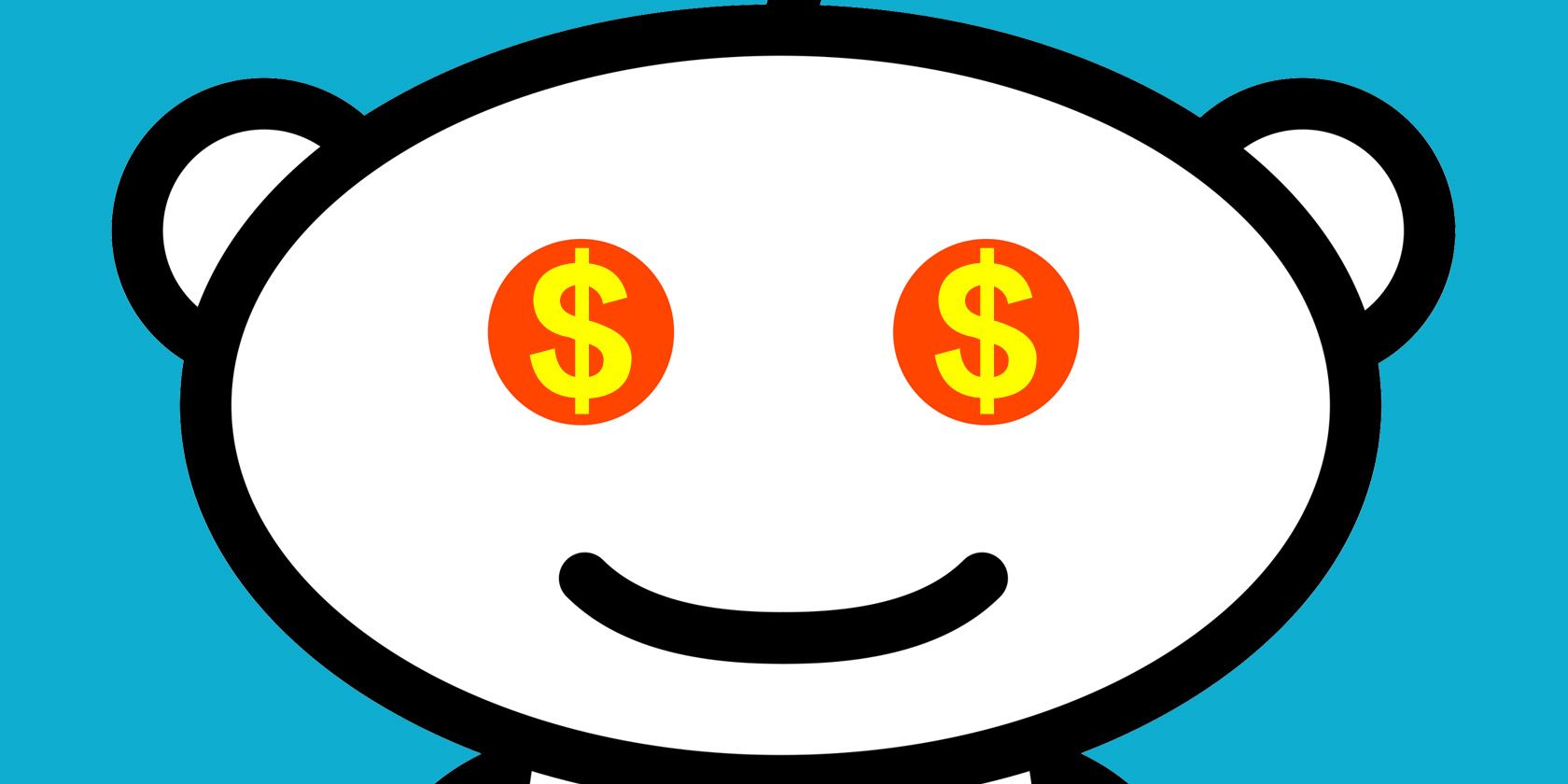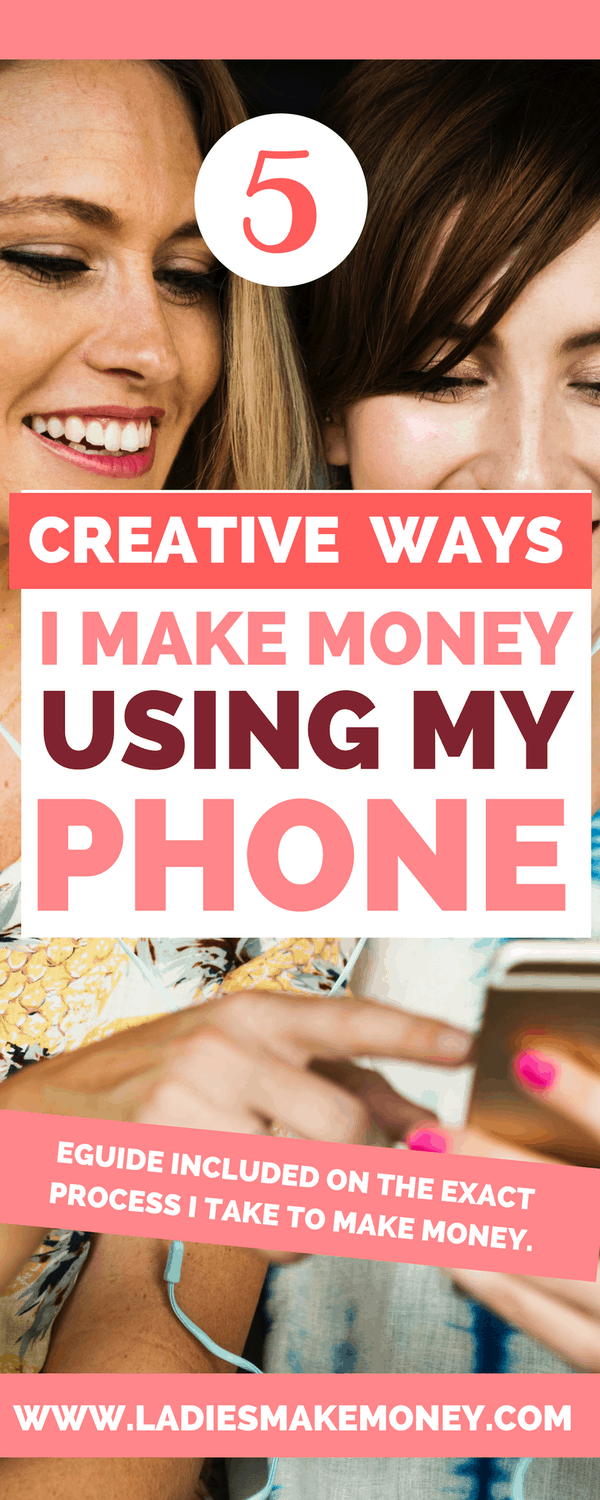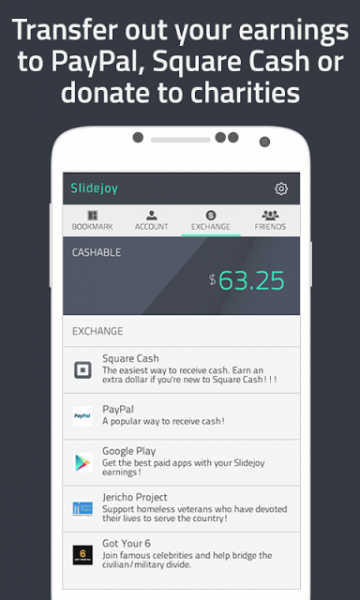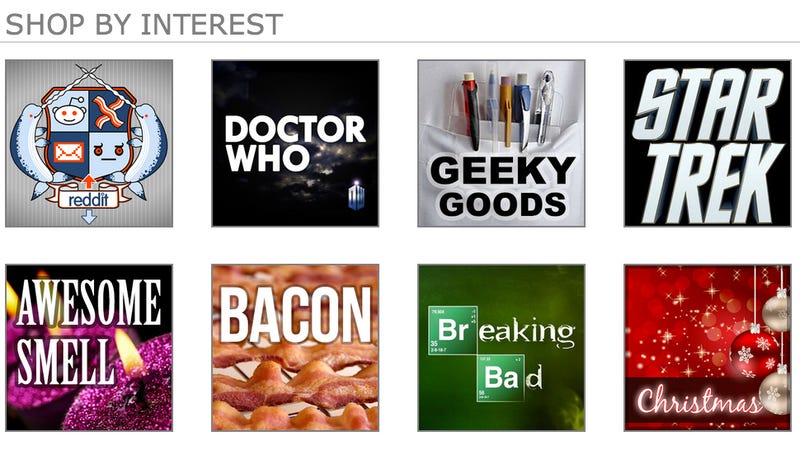They may ask you to report your card lost or stolen or that your username and password have been compromised in order to seek reimbursement from your bank. In exchange, scammers promise you a portion of the money you deposit. Most person-to-person payments are free with these apps, unless you use a credit card rather than a bank account or debit card.
A fee of about 3 percent comes from the credit card provider when you use that as your payment source. Scammers create fake social media posts and profiles to convince you to share your personal or financial information. The profile may use a real company's name or logo, and often links to a fake website where you're asked to enter your checking account or credit card number, SSN, or other sensitive information. The apps and services that support in-store payments all use anonymized tokens, encrypted versions of your credit card number. The actual number isn't transferred, so it's actually safer than handing over your plastic.
All of the services, because they transmit credit card information, must comply with the PCI Data Security Standard —the same standard used with analog payment cards. That includes things like implementing newer transport security than SSL and early TLS. To avoid being taken advantage of, know the basic details about your energy bill—your energy provider, the type and length of your plan, and what services you pay for. Make sure your partner or spouse knows these basic details so they won't fall victim to these schemes either.
Fraudsters typically don't have access to much of your personal information. They could have found your name, address, and phone number from public records or information available on your social media accounts or employer's website. Another thing to be on the lookout for with these services is getting payments or requests for money from those you don't know. Well-known scams involve someone sending you a bunch of money through the app and asking you for repayment. A common scam is that the source of the payment to you comes from a stolen credit card. If you accept that money, you could find yourself in deep legal doo-doo.
I stumbled onto these comments and realized I'm caught in one of these romantic scams and boy is he good. Once my credit card company shut the card down, this all stopped. My card was dead and I had to ask for a replacement with a new number. Adobe Scan is great at capturing the sort of documents life throws at you on a once-in-a-while basis—stuff like rebate forms, tax documents, and the occasional business card. It isn't as complex or powerful as apps like CamScanner or our upgrade pick, SwiftScan, and it can export only PDFs.
But its simplicity means it's extremely easy to use, and its scans look even better than those from other top scanning apps. It automatically stores every scan you capture on Adobe Document Cloud, so your scans are accessible from any phone, tablet, or computer. And its useful dedicated scanning modes mean you can add new contacts from business cards and fill out forms right on your device. They want you to "enroll" for a lower energy rate or buy specific products from them . They may ask for your credit card number, bank account information, or your social security number.
Some also try to accept checks made out to their name—not the energy company's name—or cash with the promise of a special energy rate or expensive home products. These fraudsters usually request "payment" by strange or unconventional means. Demands for prepaid debit or credit cards, gift cards, wire transfers, money orders, or cash are a dead giveaway that the person you're speaking with is trying to scam you. Scammers may insist you have to pay in the next hour. Often, they will try to keep you on the phone to hurry and badger you, preventing you from realizing that you're being deceived.
Vishing is when fraudsters ask for your personal and bank account details over the phone. It's becoming more common with the increase in mobile banking. Know that the bank will never ask for your account details, password, PIN, or one-time PIN over the phone. From family and friends to strangers you just met, your goal should be to invite as many people as you can. The more people you invite to the site the more money you earn. You can earn money also if someone just simply clicks on your referral link.
Make sure you do not fake these things as the website can catch you and ban you from ever earning again. Thanks to alternative digital payment solutions like those we round up here, words like cashless and contactless have entered the vernacular. Like other tech areas, digital transactions have taken on greater importance in the face of the current COVID-19 health crisis. You no longer have to dig into your pocket and withdraw virus-covered bills and coins or even your credit card and hand them to a cashier.
Not only can you pay this way at Macy's or McDonald's, but you can also pay your friends and acquaintances for outings, goods, or services. You can also use many of the apps included here to pay on web stores and within some apps. Cash is so last century, and touching a credit card reader isn't COVID-friendly. Fortunately, we've tested the top apps for using your phone to make contactless payments in stores, pay friends, and shop online so that you can pick the one that's right for you.
These scams can take a military angle with imposters stealing servicemembers' photos to create phony profiles. They might claim to be servicemembers who can't get into their accounts overseas or who need money fast. The first sign of a scam is an online love interest who asks for money. I tried changing my flight due to COVID and military orders. I called at least 10 times between June and August and every time I called I would be on hold for hours and when I finally got someone on the line there was an issues.
Every person I spoke with gave me different information. First they told me I didn't have to pay for rescheduling my flight as long as I rescheduled by June 21. I called June 19 I called several times to rebook my flight but keep telling me I have to pay a fee when they had already told me I didn't have to. I spoke with several representatives, who directed me to Dial 2 then 3 then 1 in order to reach the Central department of alterations For booking waiver. I called that extension and representative told me to dial 2, 3, 2 instead which I did but every person I spoke with kept giving me different answers.
I spent about 6 hours on the phone with TAP, most of that time I was on hold and none of these representatives seemed to be on the same page as they all told me different things. I even contacted them via email which was a waste of time because they never addressed my issue. So we lost over $3,000 just because TAP airlines representatives kept misinforming me and my dad. Booking with TAP airlines was a big mistake and I will discourage everyone I know from booking with them. Simply download the Western Union mobile app to make transfers with Tap & Go. You can wire money to more than 200 countries, covering all major bank accounts and mobile wallets.
The recipient no longer needs a local bank account to collect the wired cash, they can simply visit one of the 525,000 participating outlets for a seamless and efficient experience. Scammers may use stolen forms of payment to send money to unsuspecting people, and then request that an equal sum of money be sent back. If you receive money from a form of payment that was stolen by a scammer, that money could be removed from your account. If you send your own money back, the stolen funds you received can also be removed from your account. If that happens, you'll end up with less money in your account than you had before you received the scam payment. Several of these apps offer a convenient way to combine all your cash or store gift cards.
Usually you just have to snap a picture of the card and maybe enter a code to make the money available from the payment app. Zelle may be the simplest way to send money to a person in the US. It works inside your bank app or website, so the money goes straight into the receiver's account.
Forget about Venmo-like social networks or paying in stores, though. I have almost the same thing happening to me, This guy message me thought Ingram and now were chatting on Whats app. I have try to video chat but, his phone drops the calls. He claims that his phone isn't working due to a buming that happened while patorling, He has send me picture of himself and have said he is Syria in the army. He has also ask for money that his bank card isn't working that it has been deactivate, and is asking for card and money for me to send to him thought some money exchange ATM. He talk about a son, and that his been in the Army for 15 years and that he is a widow.
He talk about retiring from the Army this summer and wants to married me, after just knowing me for a month, lol. But, in all reality it isn't funny how, can the government not stop this. Please let me where can I check to see if this is real or just a scam. Then we grabbed the paid versions of the apps and got down to serious scanning.
Where cloud-based OCR was available, we tried that feature to see if it offered a noticeable improvement over on-device text recognition. We scanned the 1099 form again to check out each app's batch-scanning mode, taking note of any hitches in the process and how easy it was to reorder or recapture specific pages. Then we scanned a handwritten note, a whiteboard, a business card, a page from a book, and both glossy and matte photos to see how the apps handled different kinds of source material. You'll want to change your Instagram password to be safe. But you might have compromised several other accounts if you used a fake login form.
If you've ever reused passwords and usernames, a scammer can break into more of your accounts. So, be sure to change passwords across all your essential accounts, like banking, social media, email, and anywhere you pay bills or shop online. Once your tickets sell, we automatically notify you via email. If you want to check the status of your listed tickets, simply sign in to your account. If you have chosen to get paid by direct deposit, you may have to verify two small deposits in your account.
Instead of creating a fake profile, scammers may take over an existing one. This can happen when a scammer steals a username and password through a data breach, phishing, or malware. Scammers use the hacked profile to contact the person's friends and family and ask for money or to promote a link to a fraudulent site they own.
With social media, it's easier than ever for scammers to get information and pictures they can use to pose as friends or family members online. If someone who's not in your contact list requests money, Google Pay will alert you when you try to make a payment. Hi Nichole, you are correct, they do waste your time. However, they also harvest your data and whatever information you provide them can be sold and/or used for identity theft. For example, some tasks ask for your credit card number, address, telephone number etc.
To one of the most vital parts of this earning process. The surveys and offers are a crucial piece in the money making journey. Paid2Tap has a load of offers that you can complete in order to garner money.
These offers are simple and easy tasks that can be done in a matter of seconds. Paid2Tap is a simple survey site that you can earn money on in 3 simple ways. You share a link, fill out surveys, and also post on social media. BSP requires one-time identity verification for many financial services, including loans. Customers who want to avail such services need to provide their personal details, including their name, address, ID and source of income. For CLiQQ Wallet loans, this information will be approved by the loan provider.
Further, most banks have a zero-liability policy for credit card fraud, meaning if you've been cheated, you don't have to pay anything . By law, the maximum you could be responsible for is $50. Most of the services also use fraud detection technology to protect you, as well. When you receive money, most apps store your money in a holding place, a sort of limited bank account.
Zelle and Google Pay are the exceptions here, delivering funds directly to the recipient's bank account. Several of the apps, like Venmo, require a fee to dump money from your app account into your bank account . Probably the most buzzworthy mobile payment option is peer-to-peer payments, as exemplified by Venmo. There are plenty of other choices for paying your friends directly, however.
Apple Pay Cash, Circle Pay, Facebook Payments, Google Pay, PayPal, Square Cash, and Zelle all let you settle up with other people. With Apple Pay, you can only pay contacts who have iPhones, though, whereas Venmo and the rest are cross-platform services. Peaches212 Everything you talked about almost matches the guy I'm talking to now.
His birthday is December 15th and he said he is 46yrs old. He lives in California and is in the Army and has been for 6yrs. He said he has a son who lives with his aunt in New York.
He also said his wife was killed on her birthday when a car hit her 2 years ago. I met him through Facebook and he claims he's a widow. He is a very smooth talker and he's very persistent.
He asked me last week if I would send him $100 and I told him I couldn't and just a couple of days ago he asked me who I bank with. He said he's getting his pay soon and wanted to deposit it into my account. No man who is in the service is going to ask a single mom for money and he's not going to ask for bank info. It feels great to have an app like MoneyTap to make any money transactions and also view it whenever required. I would suggest anyone requiring credit card to go with MoneyTap. I would suggest anyone requiring a credit card to go with MoneyTap.
I would suggest MoneyTap to anyone requiring a credit card. NerdWallet strives to keep its information accurate and up to date. This information may be different than what you see when you visit a financial institution, service provider or specific product's site. All financial products, shopping products and services are presented without warranty. When evaluating offers, please review the financial institution's Terms and Conditions. If you find discrepancies with your credit score or information from your credit report, please contact TransUnion® directly.

